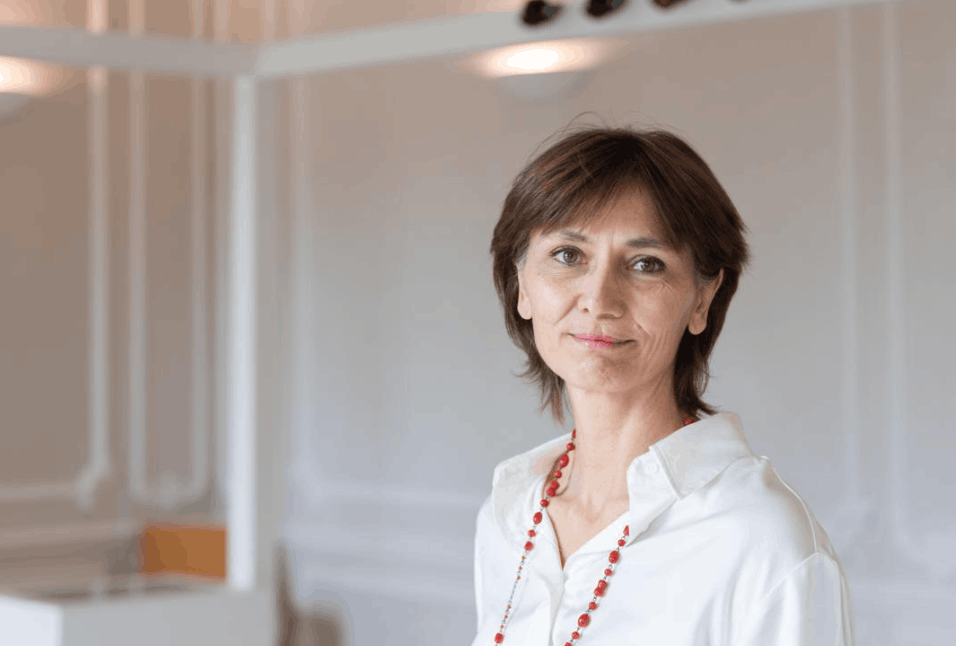The results of the Eco2050 survey, which asked participants to share their thoughts on the potential economic state of the grand duchy and the challenges and opportunities that the country could face, were revealed on 17 January by Luxembourg Stratégie, the directorate of the economy ministry.
The survey had presented : the path of “socio-economic sleepwalker” (where the country doesn’t change its trajectory), the path of sustainability (“bio-regional circularity”) and the path of grey infrastructure and digitalisation (“techno-digital optimism”).
The first and the last scenario saw a stark growth in population, leading to aggravated issues of social inequality, climate change and unstable labour and housing markets. However, “none of the three scenarios are easy,” remarks Pascale Junker, director of Luxembourg Stratégie in an interview with Delano. “There is a trade-off in each one of them.”
Hope and pessimism intertwine
While many considered it unrealistic and only 14% thought the country was well equipped to follow that path, the vast majority (71%) considered the bio-circularity scenario as the most desirable and most respectful of the biophysical limits (86% of participants) and social necessities (70%) of the country.
Junker highlights that even if it appeared somewhat utopic, this scenario also required certain sacrifices. “The trade-off in the second scenario could be less high pensions and wages, fewer long-haul flights and more sobriety. But in exchange for this, we might benefit from a better health and environment, a job that perhaps is more satisfying, maybe even a faster and safer way to mitigate climate change.”
In contrast, 30% thought Luxembourg was headed towards the sleepwalker scenario and 30% thought techno-digital optimism would dictate the future of the grand duchy. 19% were in favour of the latter taking place. A quarter of participants believed the grand duchy was ready for none of the three scenarios.
Engineers over entrepreneurs
When asked which jobs will be beneficial in the future, engineers and IT specialists were hailed as essential, followed by health professionals and artisans. A surprise for the directorate was to see that entrepreneurs, politicians and economists slid down the priority list.
While engineers will be needed to design future infrastructure, the future will require people “to take more risks rather than fewer,” said Junker. “We should embrace responsibility, develop competences, take decisions, build substance. We need entrepreneurs.”
The fact that leaving the country, changing consumption habits and placing investments were simultaneously considered the best solutions in the face of potential future threats but also the best opportunities was interesting too, though Junker stressed that the sample of participants isn’t representative of the entire population.
Capturing the interest of youths
Around 650 people ended up participating in the anonymous survey, most of whom are Luxembourg residents. Though the directorate was happy with the participation rate, as the survey was voluntary--Junker deplored the lack of younger contributors. “We didn’t succeed in mobilising them,” she said. “I wish young people were more interested in the economy and in energy because you can’t build and run an industry without energy and materials.”
Regardless, “there is a great richness in the answers of the questionnaire, and it will take time to exploit it,” said Junker. The economy ministry is currently running two parallel strategic planning exercises, which should result in a broad and general economic vision for 2050, as well as a “specific and more operational industrial vision and roadmap by 2040.”
The fruit of the directorate’s labour on defining the scenarios and a strategic vision to find inspiration in will be presented on 28 March in Esch-Belval.
